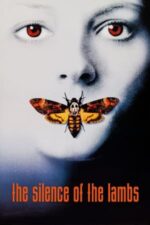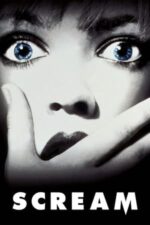Beyond the Headlines: Exploring the Dark Psychology of Serial Killers in Film
Okay, let’s talk about something genuinely unsettling – serial killers in film. It’s a topic that fascinates and repels us in equal measure, isn't it? And I think it goes way beyond just gore or jump scares; these films often tap into our deepest anxieties about society, morality, and the very nature of evil.
For decades, filmmakers have wrestled with how to portray these figures, moving from sensationalized depictions to more nuanced explorations of their psychology – though, let's be honest, sometimes it still leans a little sensational! What’s interesting is why we keep returning to this subject matter. It’s not just about the thrill; it’s about trying to understand something fundamentally incomprehensible.
Take "Ed Kemper," for example. That film doesn’t shy away from the horrific details of his crimes, but its real power lies in attempting to unpack the trauma and abuse that shaped him. It's a chilling reminder that even monsters are often born from pain – though that certainly doesn't excuse their actions. It echoes a recurring theme: can we truly understand evil without acknowledging the circumstances that breed it?
Then you have films like "Thou Shalt Kill," which takes a really clever approach. The killer’s power is directly tied to his victims’ fear, creating this fascinating dynamic where one woman's journey of overcoming her own demons becomes her greatest weapon. It flips the script – instead of being helpless prey, she finds strength in confronting her past and denying him that very fuel. It’s a powerful metaphor for resilience, really.
What I find particularly compelling is how contemporary films are experimenting with the concept. "Sinphony," as an anthology, allows for diverse perspectives on horror, often rooted in psychological trauma – which frequently serves as a breeding ground for darker impulses. And “Spithood,” with its claustrophobic setting and relentless tension, really gets under your skin by focusing on the fear of those left to confront the killer’s actions. It's less about the killer himself and more about how his presence shatters the illusion of safety.
Even "The Generation of Evil," with its focus on corruption within a community, touches upon the potential for darkness that can fester when societal structures fail. It suggests that sometimes, evil isn’t some isolated phenomenon but a symptom of something deeper and more systemic.
Ultimately, films about serial killers aren't just entertainment; they are reflections of our anxieties and attempts to grapple with the darkest corners of human nature. They force us to confront uncomfortable truths about ourselves and the world around us. And while they can be disturbing – absolutely! – they also offer a strangely compelling lens through which to examine what it means to be human, even at our most monstrous.
What do you think? Have any films on this topic particularly stuck with you? I’d love to hear your thoughts!






































